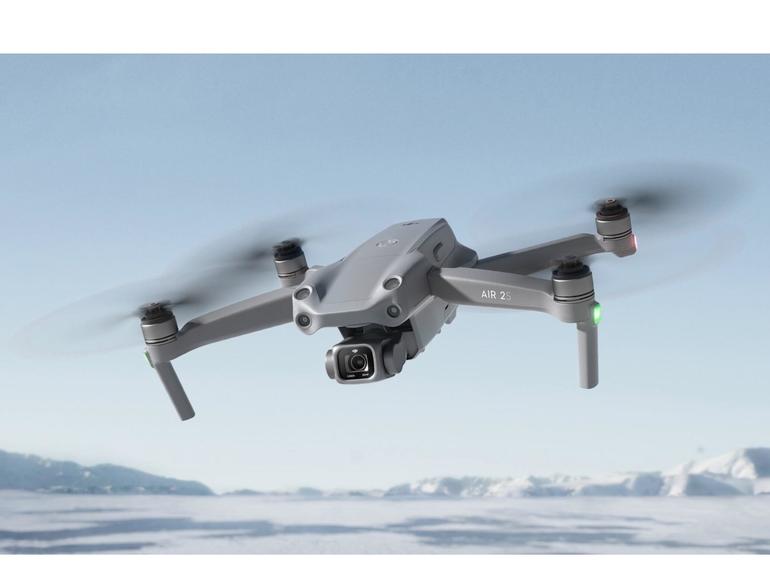The other day, I wrote about the new test that all recreational drone pilots have to take in order to fly drones legally in the US. The law changes relating to this test are new and at present there’s no mention of penalties for people who fly without taking the passing the test and having a valid certificate (yet).
But there’s one area of drone piloting where strict laws, along with substantial penalties, exist.
Commercial drone operations.
Must read: iPhone bug makes it easy for someone to break your Wi-Fi. Here’s the fix and how to prevent it
If you are flying a drone commercially in the US, you need what is called part 107 certification. This is again administered by the FAA, and unlike the recreational certification, which is free and lasts indefinitely, part 107 certification costs $150 and is valid for two years.
You can find a summary of the part 107 regulations here.
One place where people get caught up with part 107 is the “commercial” bit.
What is commercial drone piloting?
Well, if you are receiving direct payment in any way — for example, from selling videos or photos, or you are otherwise monetizing the content on platforms such as YouTube — then that part is clear, but there are other forms of compensation that you might not be aware of that might mean you fall foul. Any compensation, reward, or benefits that you get, directly or indirectly, in exchange for flying your drone means you fall under part 107 and need to be certified.
Drone piloting doesn’t have to be your main job to need part 107 certification, and you don’t need to be piloting a big, fancy drone.
And the penalties for violation are harsh.
The FAA can impose penalties up to $32,666 per incident, along with criminal sanctions consisting of fines up to $250,000 and/or a prison sentence of up to three years upon conviction.
Far better to play it safe.



